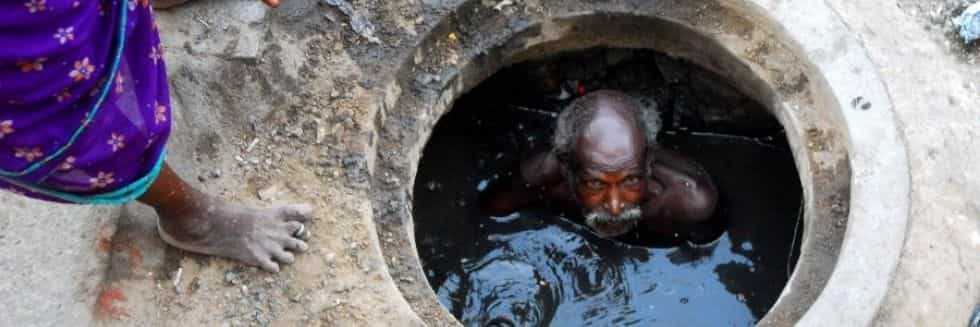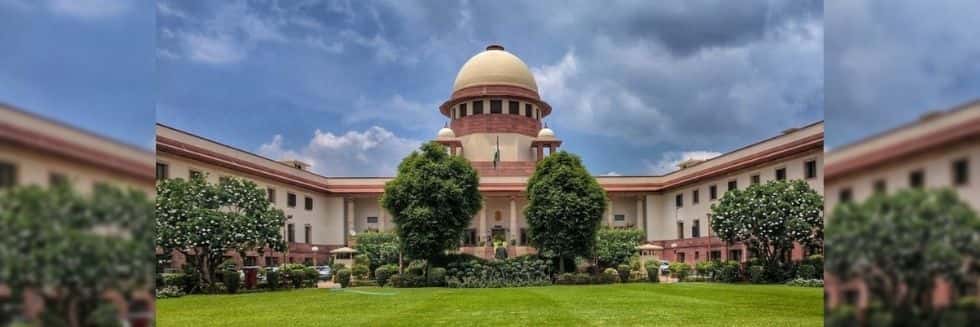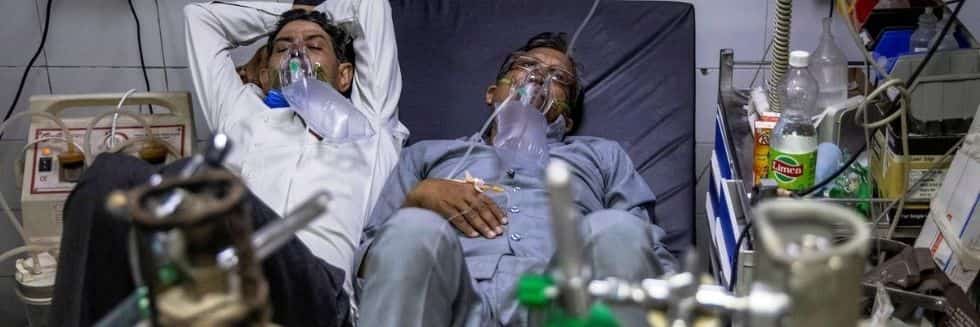Supreme Court on Wednesday has issued directions to the states and Union Territories to ensure installing CCTV cameras in each and every functioning police station and store the recording minimum for the time period of one year.
Three judge bench comprising Justice R F Nariman, K M Joseph, and Justice Aniruddha Bose in its 12-page order asked the Centre government to install CCTV cameras and all other recording equipment in all the police stations and central agencies including CBI, NIA, NCB, ED, DRI, SFIO and ” any other agency which carries out interrogations and has the power of arrest.
The judgment came while the top court was hearing a plea filed by Paramvir Singh Saini who raised the concern about audio and video recording of statements of witnesses and installments of CCTVs in police stations.
In the ruling of D K Basu and State of West of Bengal case in 2015, Supreme Court had issued the directions to install CCTV cameras in all the police stations and prisons in order to keep a check on human rights abuse.
Similar 2018 directions issued by SC stated that the CCTV systems must be equipped with night vision and audio as well as video footage. The order also stated that it should be mandatory for Centre, states, and UTs to purchase the required equipment for the storage of data for the maximum period of one year.
“In addition, the Union of India is also directed to install CCTV cameras and recording equipment in the offices of: Central Bureau of Investigation, National Investigation Agency, Enforcement Directorate, Narcotics Control Bureau, Department of Revenue Intelligence, Serious Fraud Investigation Office (SFIO), any other agency which carries out interrogations and has the power of arrest,” ruled the apex court.
The order further stated, “As most of these agencies carry out interrogation in their office(s), CCTVs shall be compulsorily installed in all offices where such interrogation and holding of accused takes place in the same manner as it would in a police station.”
In the judgment, the bench noted that the majority of the compliance affidavits and actions taken report submitted by 14 states and 2 UTs till 24 November have failed to disclose the exact position of CCTV cameras in each police station and other details.
Taking note of the silence of states and UTs over the constitution of Oversight Committees, the court has directed to constitute the oversight committees at the state and district levels.
The State Level Oversight Committee (SLOC) will include secretary or additional secretary of home department, secretary or additional secretary of finance department; director-general or inspector general of police, and chairperson or member of the state women’s commission.
The District Level Oversight Committee (DLOC) will comprise of divisional commissioner or regional commissioner or revenue commissioner division of district, district magistrate and superintendent of police and mayor of a municipality within the district or head of ‘zilla panchayat’ in rural areas.






